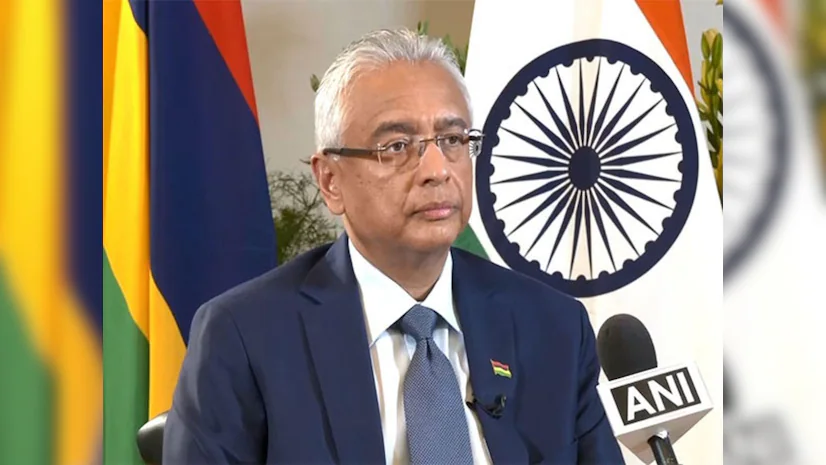Navin Ramgoolam returns as Mauritius PM amidst calls for change

Mauritius’ opposition leader, Navin Ramgoolam, has been appointed Prime Minister for the third time following a resounding victory by his coalition in the legislative elections held on November 10, 2024.
Ramgoolam, who previously served as Prime Minister from 1995 to 2000 and again from 2005 to 2014, was sworn in on November 13. His return to power comes as the Indian Ocean nation faces a host of social challenges.
A former physician and lawyer, Ramgoolam is the son of Seewoosagur Ramgoolam, who led Mauritius to independence from the United Kingdom in 1968.
The Ramgoolams, along with the Jugnauth family, have long dominated the country’s political scene.
Indian Prime Minister Narendra Modi was the first foreign leader to publicly congratulate Ramgoolam on November 11, reflecting strong historical ties between the two countries.
The victory marks a pivotal shift in Mauritian politics, with Ramgoolam’s Alliance of Change triumphing decisively over the outgoing government led by Pravind Kumar Jugnauth.
Addressing a jubilant crowd in his constituency, Ramgoolam declared, “I hope PKJ [Pravind Kumar Jugnauth] will soon resign.
He has been defeated 60-0.” Jugnauth conceded defeat on November 12, acknowledging, “We are headed for a defeat, and it is now evident that the Alliance Lepep faces a major loss.”
Ramgoolam highlighted the triumph as a demonstration of democratic strength, proclaiming, “The power of the people is stronger than a dictatorship.”
The elections resulted in the election of 60 members to the Mauritian National Assembly, with two additional seats from Rodrigues Island.
The Electoral Supervisory Commission will allocate the remaining eight seats to ensure balanced community representation.
Jugnauth’s campaign centered on a historic agreement with the United Kingdom regarding the sovereignty of the Chagos Archipelago, a long-disputed issue.
However, his hopes of leveraging this diplomatic achievement at the polls were undermined by a leaked series of conversations involving politicians, civil society members, diplomats, and journalists, which circulated widely on social media in October.
Ramgoolam’s victory signals a renewed era for Mauritius as his administration faces the challenge of meeting public expectations and addressing pressing social and economic issues.
About The Author
dailymailafric
I am an avid African news observer, and an active member of Daily Mail Africa.
I’m Passionate about staying informed on diverse topics across the continent,
I actively contribute to publishing on political, economic and cultural developments in Africa.



